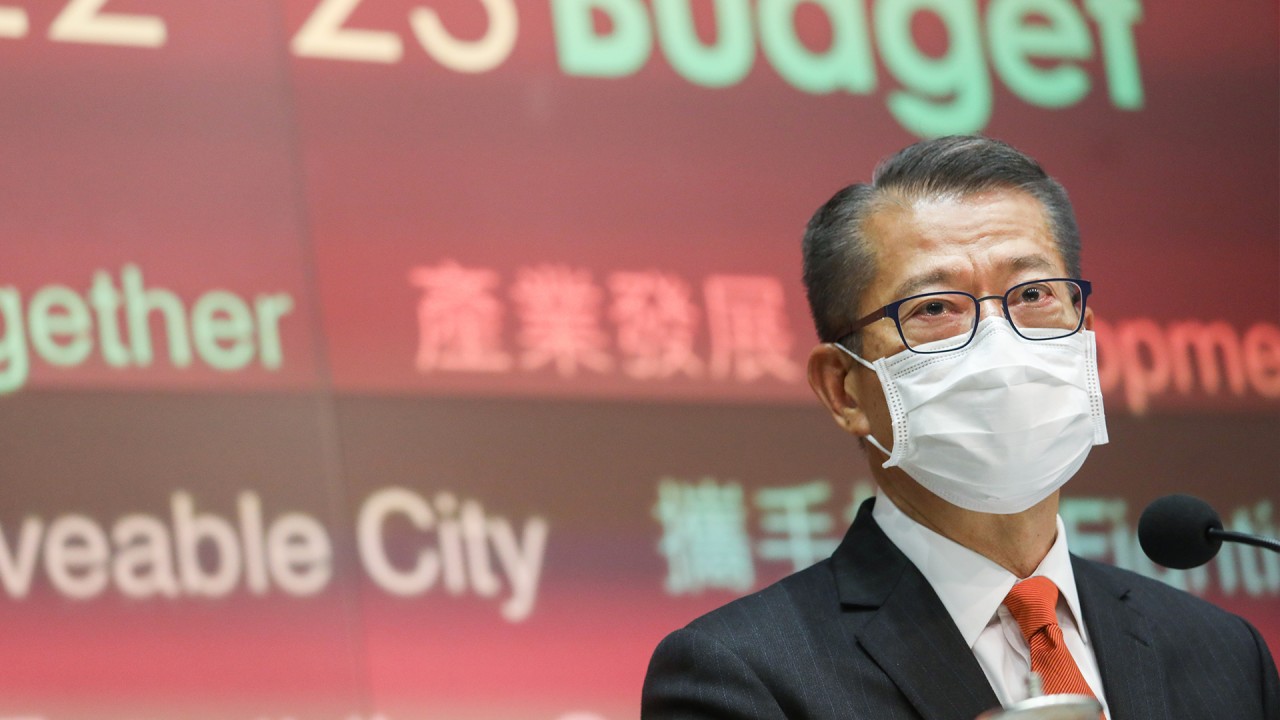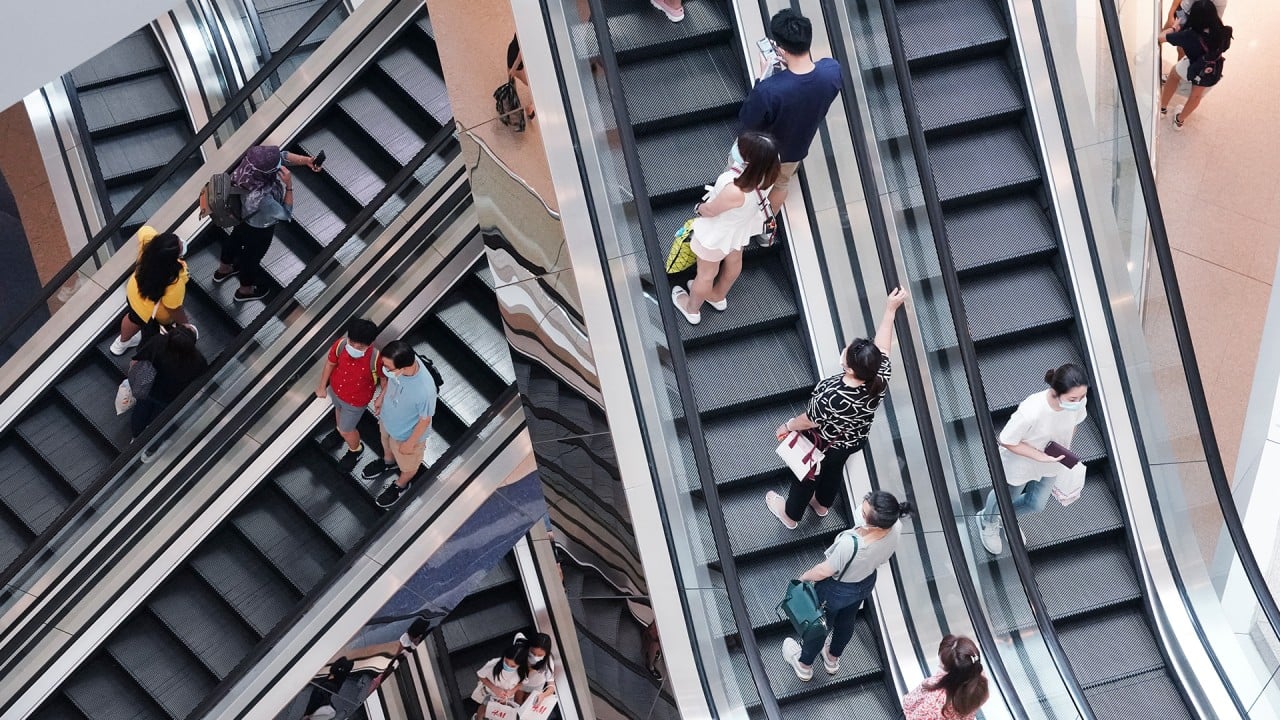
Hong Kong landlords offer deep discounts on short-term retail leases, hope to raise rents in the next market rebound
- Leasing terms suggest individual retail landlords are banking on recovery in sales once Hong Kong reopens its border
- Retail sales shrank 14.6 per cent in February, the worst since a 23 per cent slump in July 2020, according to government data
The owner of a 10,000-square foot store in Sai Yeung Choi Street in Mong Kok, for example, is offering the property at almost 60 per cent below its current rate, when its existing tenant, local fashion house Izzue, departs later this month.
The store, located a stone’s throw from the Mong Kok railway station, is being marketed at HK$1 million (US$127,480), or HK$96 per square foot, to attract new tenants, said Tony Lo Chin-ho, chief executive of Midland’s ICI Property unit. That works out to about half compared with HK$2.4 million under the existing lease.
“The landlord will only offer low rents in the first two years, and the third year will be subject to negotiations,” Lo added.
Hong Kong’s government is easing parts of its Covid-19 curbs for select businesses from April 21 as infection cases declined. Retail landlords are betting on near-term border reopening and a recalibration of strategies as other regional governments adapt to living-with-Covid strategies.
China’s uncompromising zero-Covid policy has reduced mainland tourists to a trickle over the past two years, sending rents for high-street large shops in core areas tumbling by up to 70 per cent since the onset of pandemic in early 2020, according to agents.
Retail sales in Hong Kong shrank 14.6 per cent in February to HK$25.2 billion from a year earlier, the worst in 19 months, official data showed, showing the strain from anti-Covid measures. Sales slumped 24.3 per cent in 2020 before gaining 8.1 per cent in 2021 with spending stimulus.
There are currently four such large retail shops with more than 10,000 square feet each in Mong Kok, and one more will be added to the market by the end of this month when Izzue vacates its unit, said Lo at Midland ICI unit. They are among 256 empty shops in Mong Kok, which works out to a 7.3 per cent vacancy rate in the area.
Meanwhile, the take-up rate in retail spaces could improve as the city’s government hands out HK$66.4 billion of retail vouchers to revive consumer spending. The first batch of digital coupons, worth HK$5,000 to each of the 6.3 million eligible residents, were issued on April 7 while the second will be distributed in August.
Sun Hung Kai Properties, which owns 15 shopping malls across the city, said its tenants selling electrical audio projects, jewellery and personal wellness products enjoyed a 30 per cent bump in sales within the first four days of the voucher distribution.
Some retailers saw their sales more than double on the first day, with more than 100 shoppers lining up outside some electrical audio shops, said Maureen Fung Sau-yim, executive director of Sun Hung Kai Real Estate Agency, which manages the malls.
The leasing terms in Mong Kok properties suggest landlords expect retail sales could return to normal once Hong Kong reopened its border, said Oliver Tong, head of retail at JLL in Hong Kong.
A fashion brand is eyeing more than 30,000 sq ft of retail spaces, Tong added, declining to disclose its identity. It can be used as a venue for fashion shows or to showcase new collections by multiple designers, he added.
“International retailers with no presence in Hong Kong are looking for large spaces for their first concept store in the city,” said Tong. Retailers offer experience-oriented shopping, which helps attract footfall and counter the threat of online platforms, he added.




